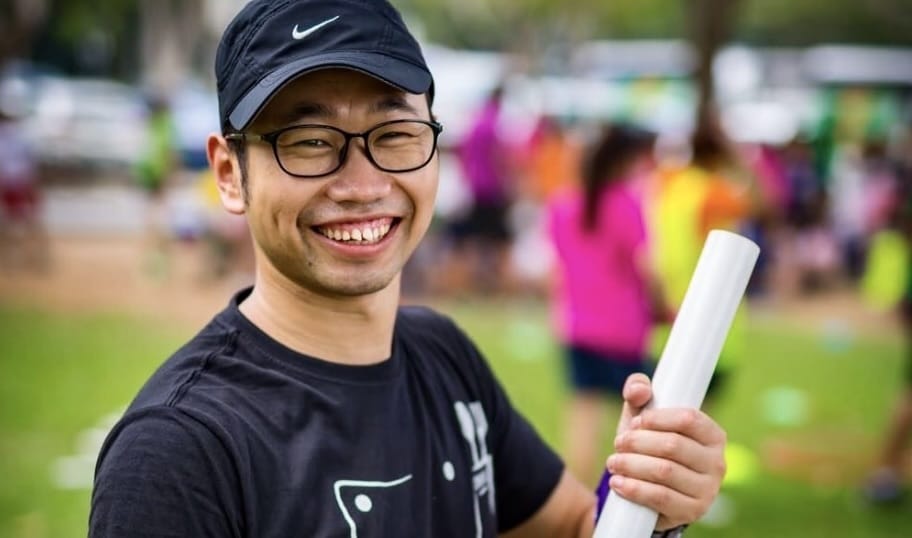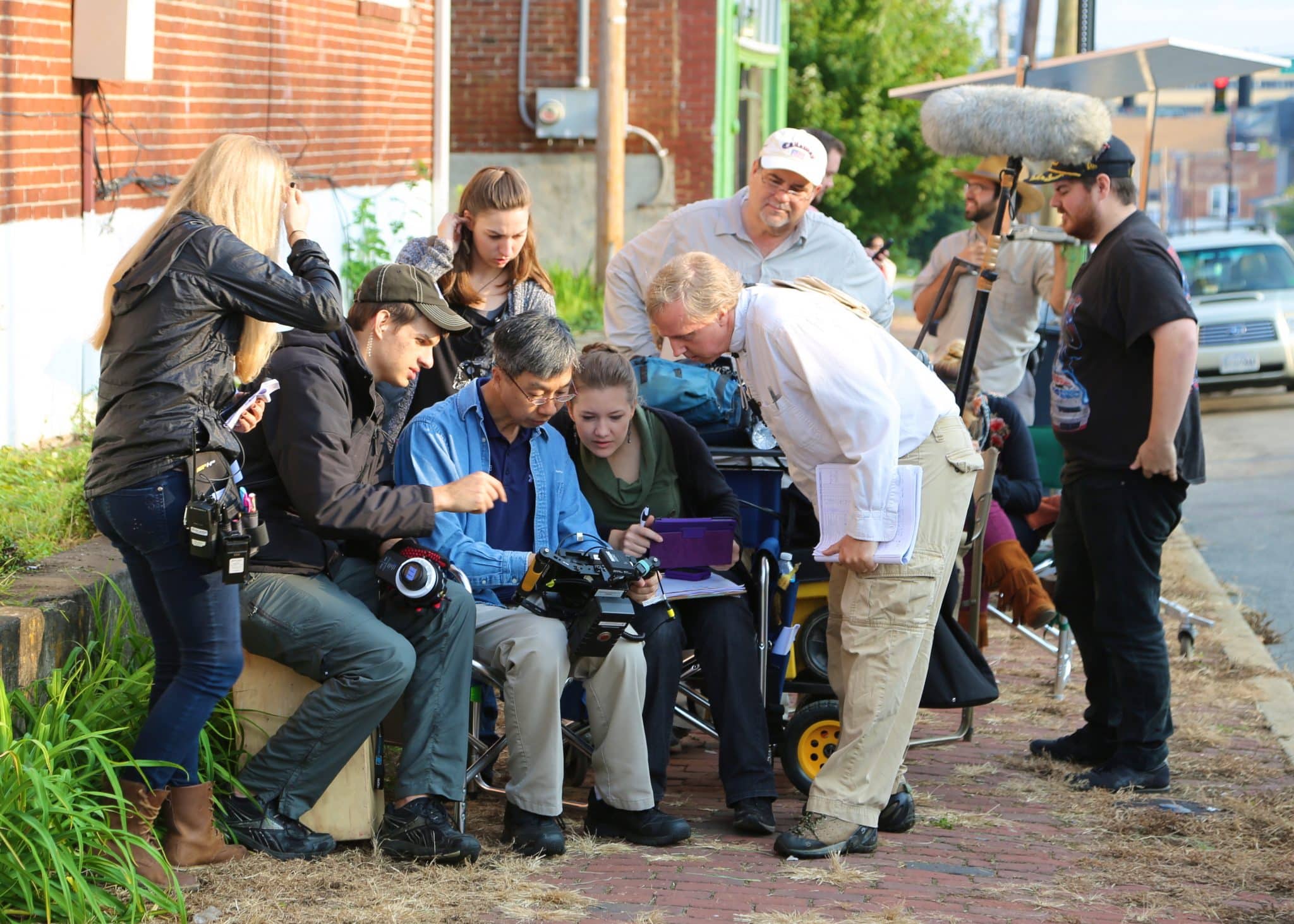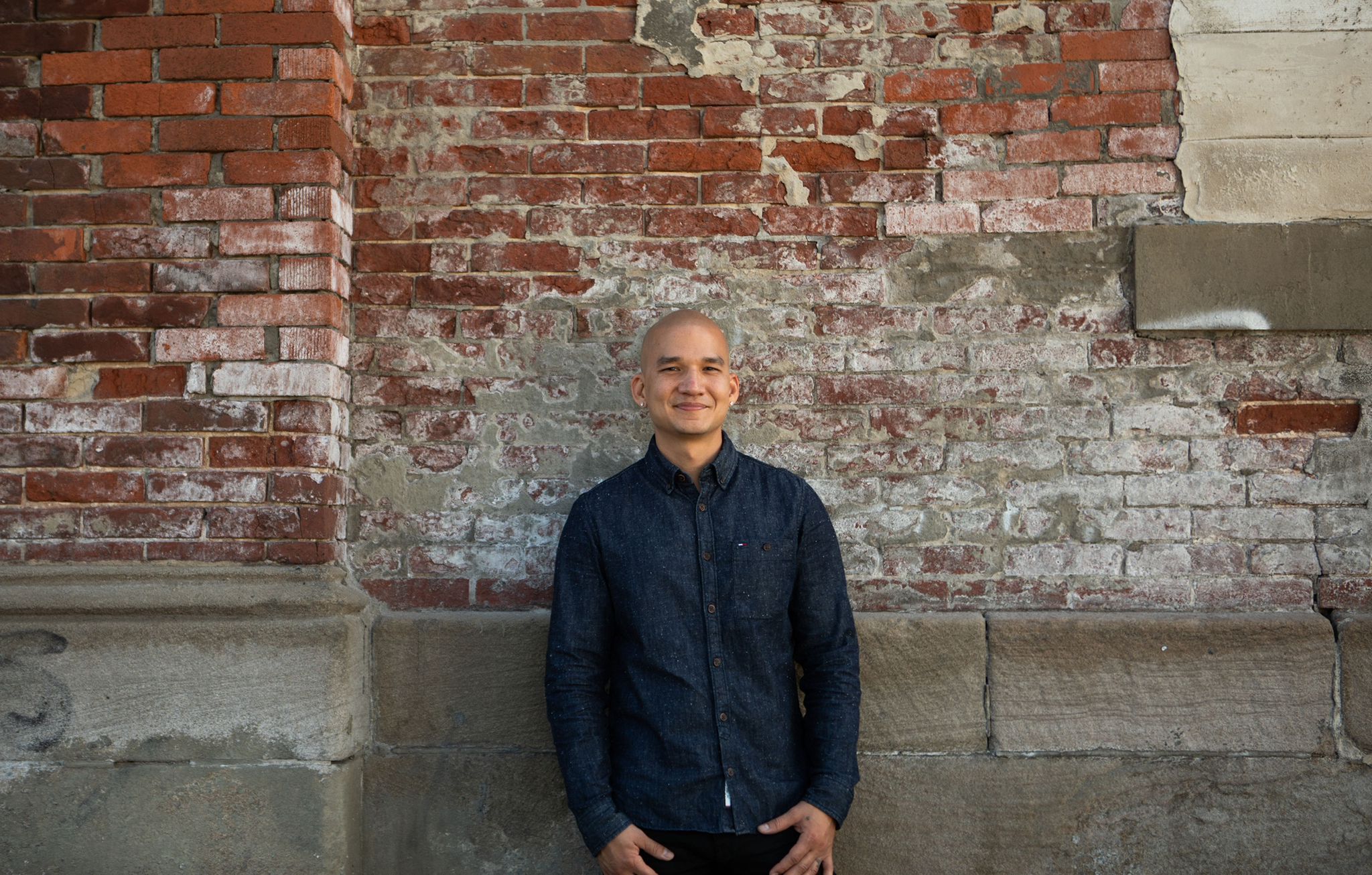What does it mean to be a Christian-Singaporean?
Bishop Emeritus Dr Wee Boon Hup // July 28, 2019, 8:34 pm

Photo by Lily Banse on Unsplash
The concept of a national identity is an elusive one.
Let me recount a personal experience. Most of my colleagues in my first job following my graduation were from Nantah, otherwise known then as Nanyang University, where the medium of communication was Mandarin.
On the other hand, I was a graduate of the University of Singapore, where the medium of instruction was English, apart from courses offered by the Chinese Department. Besides, my parents were both Peranakans, meaning I am a true blue Baba (Straits-born Chinese) who grew up speaking a unique Malay patois as my mother tongue. I did not speak Mandarin nor dialect.
To my horror, my colleagues told me I was not Chinese. “How could they do that?” I asked myself. I was horrified because I had grown up with my identity being Straits-born Chinese!
But I have come to understand now why they could not accept me as Chinese; I do not speak Mandarin or even a dialect, I was not schooled in Nantah, and my Peranakan culture was not Chinese enough.
I hesitate to class them as Chinese chauvinists, because they were very forthcoming in guiding me as their new colleague.
An integral hyphen
National identity is hard enough to pin down; how much harder that of a Christian-Singaporean. The hyphen is intentional because it means that the two words have a combined meaning, rather than just one (Christian) qualifying the other (Singaporean).
If (local Christians) are not “Singaporeans”, then we are the salt that has not blended in.
One is not just a Singaporean who happens to be a Christian, nor a Christian who happens to be Singaporean. To hold either of these two kinds of attitudes is the very reason why there are sectarian conflicts in many parts of the world where one party prioritises its sectional interests above the others.
Such statements might attract questions like: Does not the Bible tell us that we are to be in the world, and not of the world? That we have to separate ourselves from the world? The answer to these two queries is “no”.
We are already “in the world”. Like salt that carries the flavour of Jesus, we have to blend in, in order that He can be tasted. To be “of the world” is when the salt has lost its flavour.
If we are not “Singaporeans”, then we are the salt that has not blended in. If we are not Christian-Singaporean, then that particular flavour will not be taken as integral to the national identity.
One ingredient among many
As a Peranakan, one of my favourite dishes is ayam buah keluak. A few ingredients have to be blended first: Shallots, garlic, candlenut, turmeric, galangal, lemon grass, shrimp paste (belacan) and dried chillies.
The Christian-Singaporean is not the same as a Christian from Europe and America, nor even from Korea or China.
The blend of these ingredients will have to be stir-fried in the process before the assam juice, buah keluak, salt and sugar are added.
The final product is unique. Although the buah keluak might appear to be the centrepiece of the dish (on its own, it is bitter), it is actually the blend of the various spices and condiments that gives it the aroma, flavour and taste.
The Christian-Singaporean is not the same as a Christian from Europe and America, nor even from Korea or China.
The various ingredients in the blend are different, even though there may be some similar ingredients in all of them. The finished product in each is unique.
Many processes
The ingredients, the processes of blending, the stir-frying, boiling and simmering determine the outcome. The national identity of Singapore depends on the co-mingling of the diverse communities present. The Christian-Singaporean is thrown into the blender with all the rest.
But the other processes must be allowed to run their course, before we can be satisfied with the finished product. It is not just living in close proximity and interacting with each other (the blending). There are other processes where heat, at times prolonged (stir-fry, boil, simmer) are at play.
It is in our participation as an integral part of Singapore society that we contribute to the identity.
By “heat”, I mean national events that trigger social stresses. In war, facing a common enemy, one’s commitment to the nation and society can be sharpened to shape the national identity. Nationalism was a key product of the two world wars.
However, it is not necessary for wars and other internal conflicts to trigger such a development. It could be events like SARS and other natural disasters. It could also be simulated experiences as in national service training and exercises. But as heat also produces bubbles, so too celebratory events like National Day Parades, and other festivals move the process along in forming this identity.
Where are the Christians in all these?
Right in the midst of them all.
We cannot choose to withdraw ourselves. It is in our participation as an integral part of Singapore society that we contribute to the identity. Not to be involved would result in a different finished product. Imagine the buah keluak dish without the belacan! It will be bland, to say the least.
A national identity
What is required of Christians in this participation towards the process of shaping the Singapore national identity?
The first step is to recognise our common humanity: We are all the work of the same Creator.
The salt has done its work, and yet it is not felt as its own (salty) but a new taste has emerged.
The greatest stumbling block to forming a common identity is our different-ness. Distinguishing ourselves from others creates superiority in some, and inferiority in others. The former oppresses, the latter retaliates. This need not be seen in the outwardly physical acts of inhumanity. It is what lies in the human heart that breeds such behaviour.
As followers of Christ, it is inevitable that we see ourselves as different. Lest we forget, we were different before we met Christ. For that very reason Christ went to the cross, to reach across the divide by becoming one of us. If we claim to follow Christ, we should not allow our differentness to cause us to form a separate identity.
Rather, it is precisely the motive for us to be incarnated as Jesus was. We identify ourselves with the rest, rather than expect them to become like us.
Hence, the next step is to be willing to give up our rights. Jesus did not consider His divinity as something never to be released. Just the opposite: He emptied Himself of deity, to be so truly human as to die as one.
The challenge for Christians at this point is the issue of compromise and conformity that Scriptures have much to warn us about.
Flavour-enhancing people
It is relevant at this point that we get back to the sodium chloride. For salt to produce its effect, it has to be in the food. Yet when the dish is done well, it will not be salty. Rather, the salt has enhanced the whole dish.
The salt has done its work, and yet it is not felt as its own (salty) but a new taste has emerged.
If we claim to follow Christ, we should not allow our differentness to cause us to form a separate identity.
The fear of capitulation and being overwhelmed by what is “un-Christian” is a possible early indication that the salt might be losing its flavour, if it has not already.
The point to note here is that we are talking about national identity, not national religion. Anyone seeking to create the latter will either end up in the way of fundamentalist extremism, or be frustrated by the lack of progress.
Evangelism can still flourish in the process of formation of a national identity, especially when it is motivated by love, good works, and good words seasoned with salt, instead of compulsion. Genuine change always begins from the inside.
Christians have to intentionally be in the process for there to be any possibility of the national identity bearing the flavour of Christ.
In January 2015, the Institute of Policy Studies (IPS) released survey findings that seemed to reveal Singaporeans having a clearer sense of its history and attachment to its national symbols. This is after 50 years as an independent nation.
National identity takes a long time to be formed. It is only in recent years that we in Singapore have given it greater scrutiny. We still have some way to go.
And in the end when some of us may think we have arrived, there will be others who will disagree with us. It is that elusive.
This article was first published by IMPACT Magazine and has been reproduced with permission.
We are an independent, non-profit organisation that relies on the generosity of our readers, such as yourself, to continue serving the kingdom. Every dollar donated goes directly back into our editorial coverage.
Would you consider partnering with us in our kingdom work by supporting us financially, either as a one-off donation, or a recurring pledge?
Support Salt&Light




